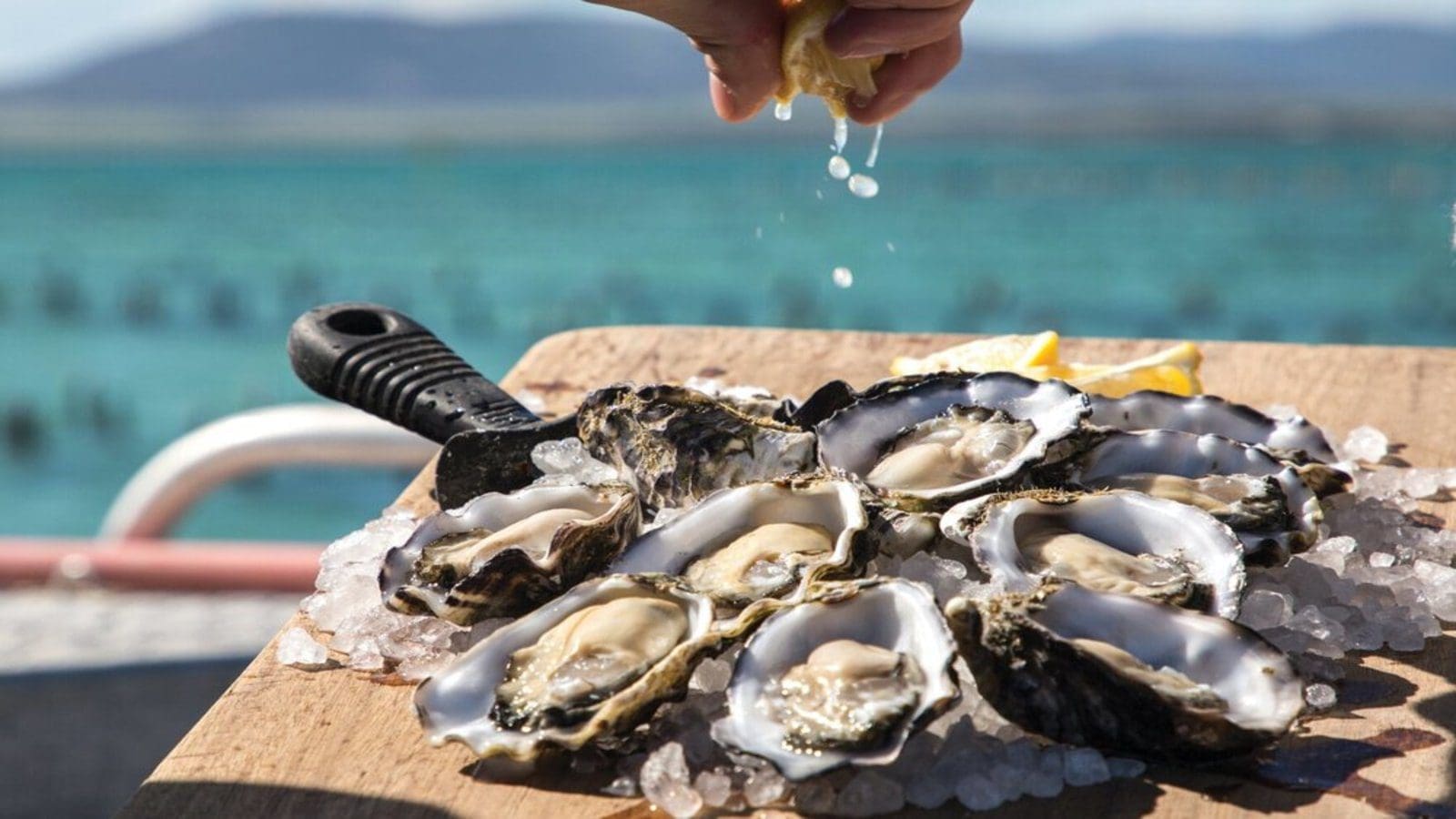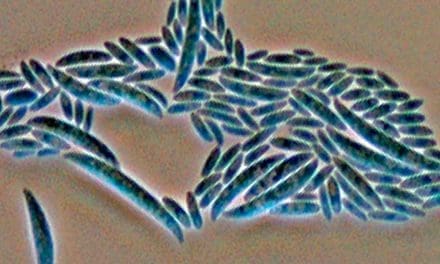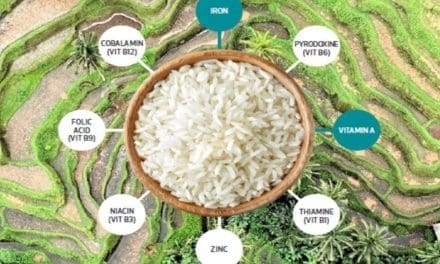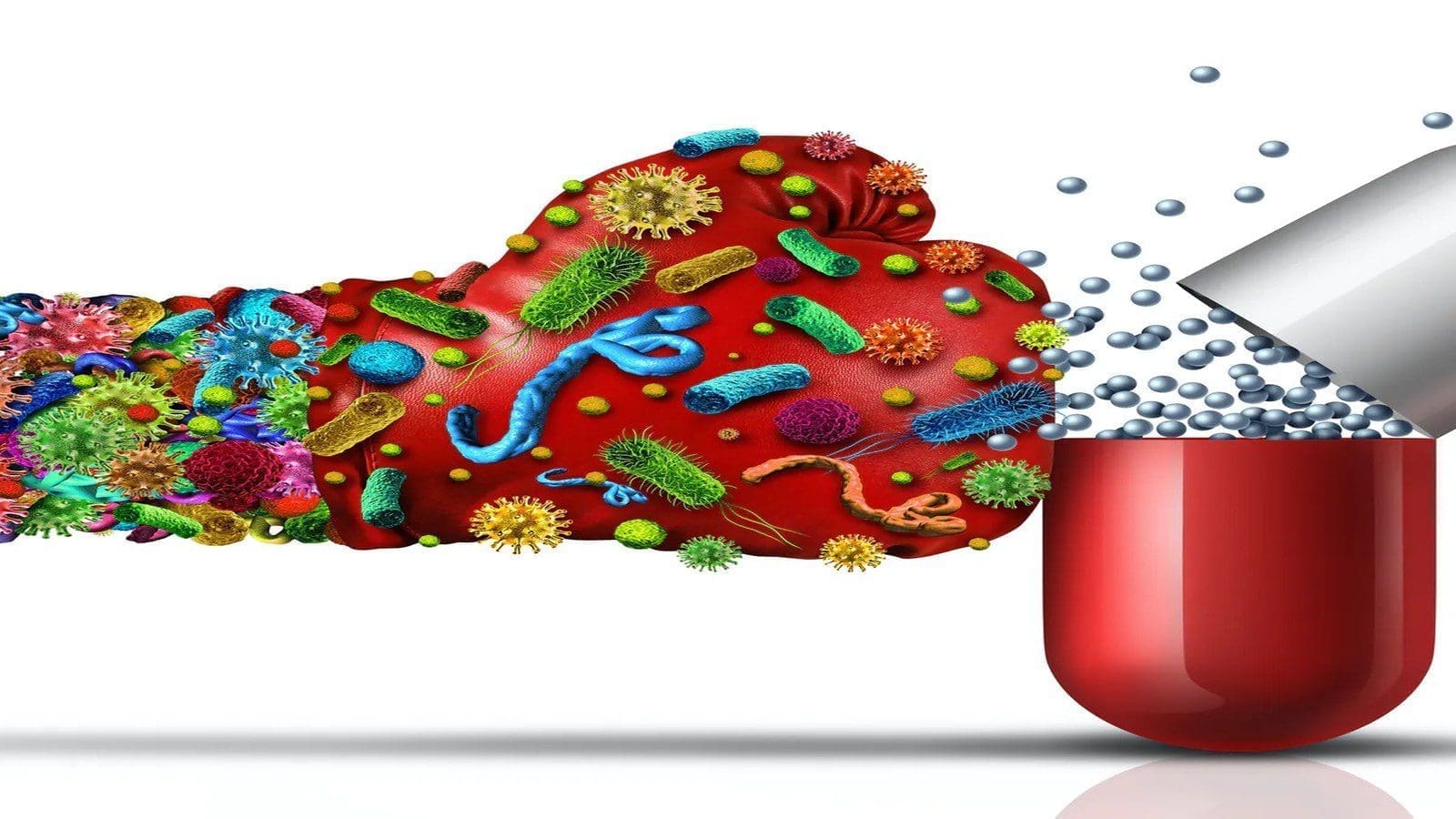AUSTRALIA – The Food Standard Australia and New Zealand (FSANZ) has recalled more than 2.5 million Coffin Bay’s raw Pacific oysters (Magallana gigas) including fresh and frozen products, following a bacterial outbreak caused by environmental conditions.
The recall is for 4 September to 16 November, with the South Australian Department of Health and Wellbeing (DHW) reporting 56 cases of people falling ill and three people hospitalized.
“This recall is an additional safety measure on top of the precautionary closure of the Coffin Bay Growing Area recently imposed by the Department of Primary Industries and Regions (PIRSA),” said Dr Chris Lease, Deputy Chief Public Health Officer, DHW.
The oysters have been available for sale direct from farms, seafood outlets, grocery stores and supermarkets in South Australia, New South Wales, Australian Capital Territory, Queensland, Victoria, Northern Territory and Western Australia.
Lease said the department has been closely monitoring case numbers since September and had confirmed the condition of Vibrio parahaemolyticus present in the Coffin Bay oysters.
“Food borne Vibrio parahaemolyticus infection causes symptoms of gastro, including diarrhoea, abdominal cramps, nausea, vomiting, fever and headache, and usually occurs within 24 hours of eating the contaminated food,” said Lease.
Vibrio parahaemolyticus can occur in the water or supply chain when specific temperatures create a suitable environment for bacteria to grow. This can be averted through strict maintenance of the cold chain post-harvest, product sampling and other food safety controls.
PIRSA earlier shut the Oyster production areas of Eyre Peninsula’s Coffin Bay as a precautionary measure as part of the ongoing investigation. The PIRSA Executive Director of Biosecurity, Nathan Rhodes, said no oysters can leave the area to ensure the ability to trace cases and pursue further investigations.
“PIRSA has consulted with industry, who have supported the closure, and has been working with SA Health on the public health impacts of the outbreak. Many growers had already voluntarily closed their harvesting operations,” said Rhodes.
Audits of all onsite oyster production will be conducted by the PIRSA, including the supply chain, logistic providers, and handling practices in the Coffin Bay region. The audit will focus on cold chain maintenance to prevent further outbreaks upon the reopening of the bay.
South Australian, ASX listed Angel Seafood, one of the Southern Hemisphere’s largest pacific oyster distributing company, said based on the average shelf-life of oysters most of the 2.6 million units harvested and sold over the recall period would have been consumed.
The oyster producer is working with authorities through its traceability technology across its supply chain to quickly identify and isolate any cases.
It is continuing to sell oysters from its bays located outside of Coffin Bay and has complied with the PIRSA’s audits and is working with its customers to establish the amount of stock the company still possesses which is subject to the recall.
Raw oysters prone to Vibrio parahaemolyticus contamination
FSANZ has advised all consumers to not eat raw oysters, fresh and frozen from Coffin Bay. The authority said all consumers should dispose of the oysters purchased from the region or return them for a complete refund.
According to the DHW, individuals with liver diseases and lowered gastric acidity should avoid eating raw oysters as they are more at risk to Vibrio parahaemolyticus. Rhodes added that they are working closely with the industry to ensure a safe supply of oysters to the South Australia market through practice quality controls.
“PIRSA continues to work with the South Australian Oyster industry as we investigate the likely cause of this current outbreak,” he said.
PIRSA recommends that raw unshucked Pacific oysters should be stored at less than ten degrees Celsius and shucked Pacific oysters to be stored at less than 5 degrees Celsius to avoid contracting the illness.
Since September, 45 Vibrio parahaemolyticus cases have been linked to eating raw oysters, compared with zero cases in 2020 and eight in 2019.
In total, 36 Vibrio parahaemolyticus infections from eating raw oysters have been notified since September 2021 in South Australia, compared to none in 2020 and eight cases in 2019.
In Western Australia, there have been 17 cases reported since late September. This compares to an annual average of six Vibrio parahaemolyticus infections acquired in the state in the previous four years, according to Food Safety News.
Liked this article? Subscribe to Food Safety Africa News, our regular email newsletters with the latest news insights from Africa and the World’s food safety, quality and compliance. SUBSCRIBE HERE








